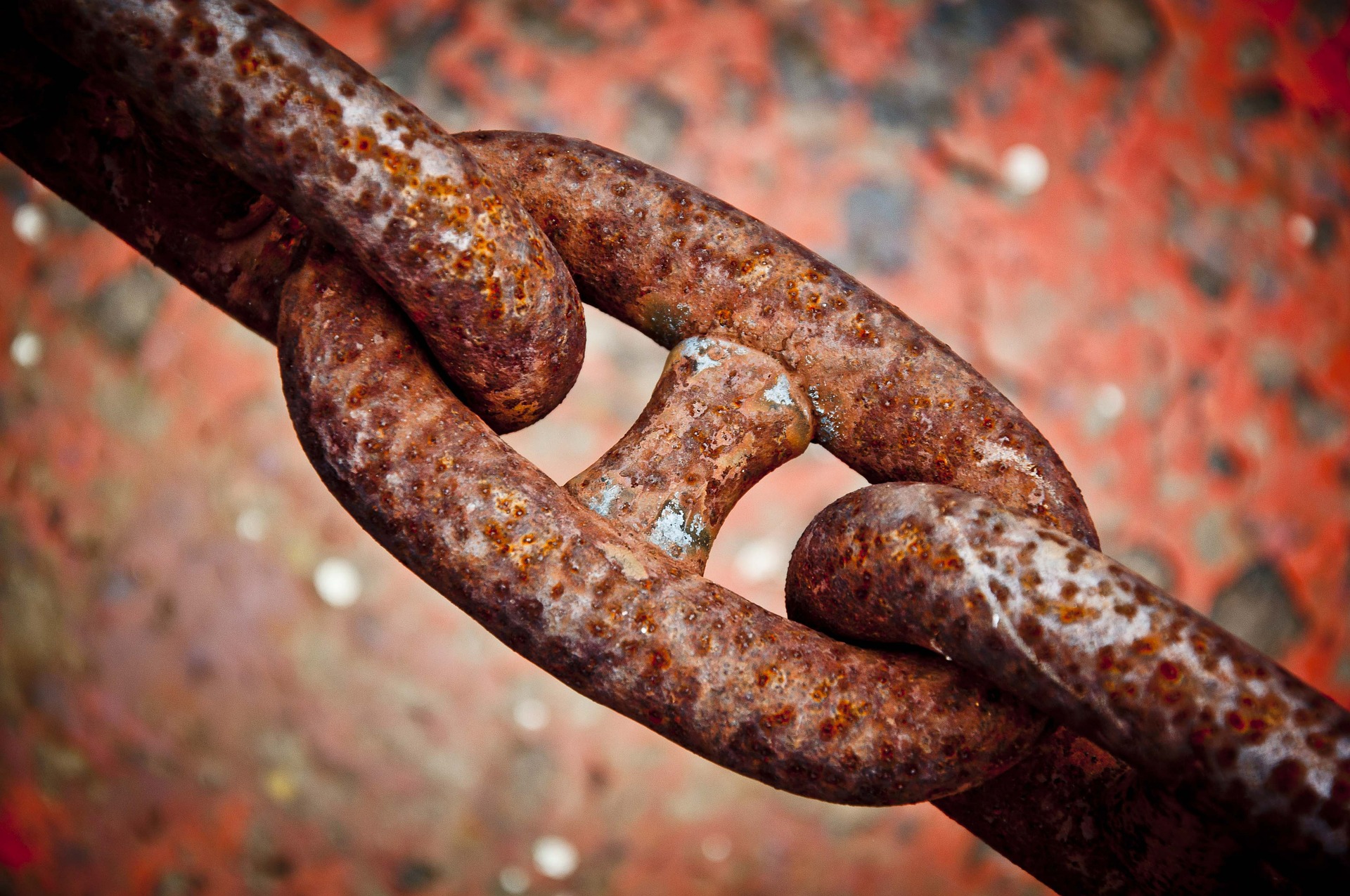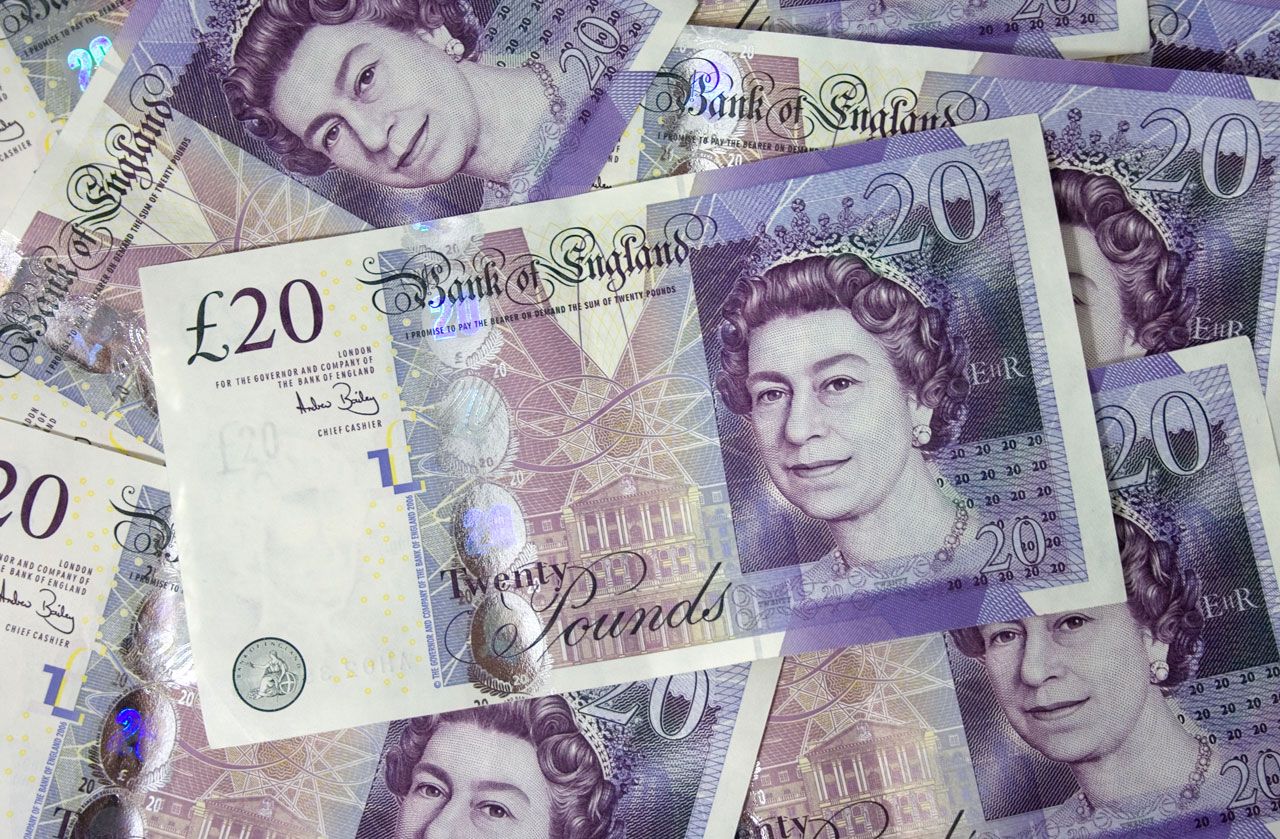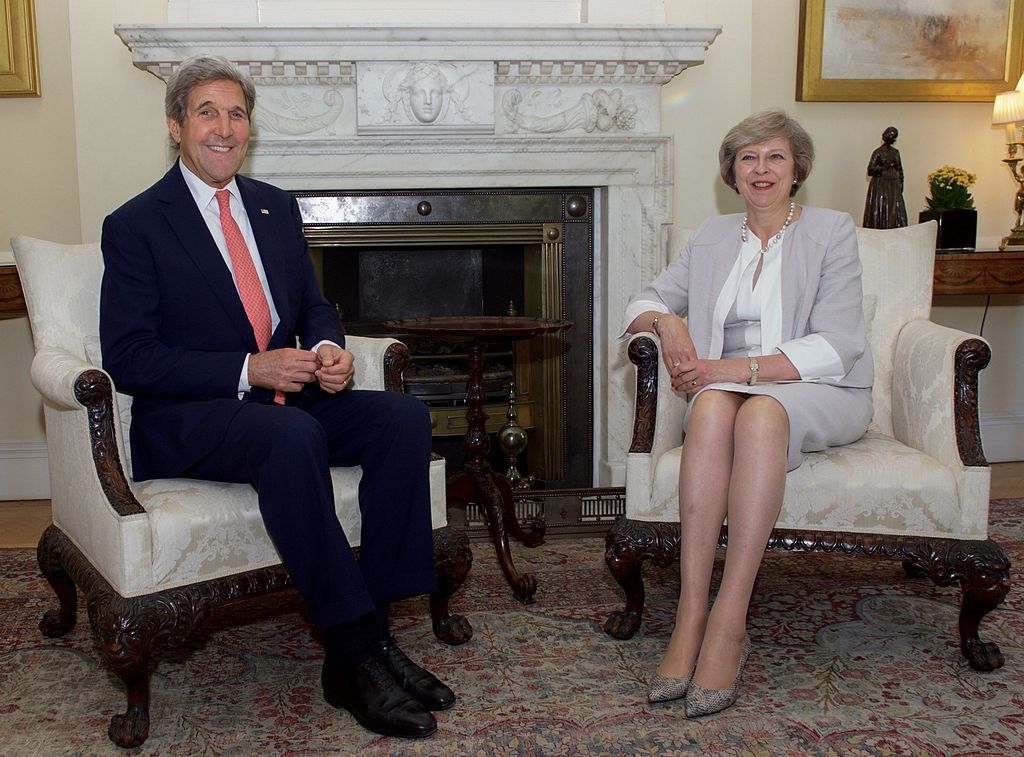The Prime Minister Theresa May has vowed to lead the way in defeating modern slavery.
Writing in the Telegraph, she said this:
Britain will once again lead the way in defeating modern slavery and preserving the freedoms and values that have defined our country for generations.
She also called modern slavery ‘the great human rights issue of our time’ and announced that she is setting up the first ever government task force on modern slavery.
Key points from her article are this:
1. Reviewing the effectiveness of the Modern Slavery Act 2015

The Prime Minister has commissioned an independent review into whether the Modern Slavery Act 2015 has been effective. The review, which was carried out by barrister Caroline Haughey, found that there were 289 modern slavery offences prosecuted in 2015, and a 40% rise in victims identified by the state. The Prime Minister calls this ‘good’ progress but says there is still more to do, namely:
- raising awareness of these despicable crimes
- improving training for those in our criminal justice system
- strengthening support for victims
She said the response from police force in relation to these crimes can be ‘too patchy’. She has therefore commissioned HMIC, the independent reviewer of the police, to conduct an inspection ‘to make sure that all police forces treat this crime with the priority it deserves‘.
2. A joined up international approach will be taken by the government
A joined up international approach will be taken by the government in fighting modern slavery. Theresa May said that the UK must work collaboratively with law enforcement agencies around the world to stop gangs that operate across borders and jurisdictions.
She cites Kevin Hyland, whom the Modern Slavery Act 2015 appointed as the world’s first Anti-Slavery Commissioner, as ‘critical in our fight to stop criminal gangs exploiting innocent men, women and children‘. Through his work with other countries, the government can look at intelligence flows and help uncover criminal gangs that create ‘twinned’ towns of modern slavery in Britain and other nations.
3. £33 million from UK’s aid budget will be used to create an International Modern Slavery Fund

The Prime Minister says the UK played a leading role in getting the eradication of modern slavery into the United Nations Sustainable Development Goals and she wants Britain to continue to lead on this issue on the global stage.
To do this, the UK will use over £33 million for its aid budget to create a five-year International Modern Slavery Fund focused on high-risk countries, where victims are known to be regularly trafficked to the UK.
Endnote
Concluding the article, the Prime Minister looked to Britain’s history as a leader on the world-stage in relation to eradicating slavery, to emphasise the UK’s ability to stamp out modern slavery. She said this:
Just as it was Britain that took an historic stand to ban slavery two centuries ago, so Britain will once again lead the way in defeating modern slavery and preserving the freedoms and values that have defined our country for generations.
RightsInfo Resources
Article 4 of the European Convention on Human Rights protects our right to be free from slavery and forced labour. The Human Rights Act incorporates this into UK law. To find out more about Article 4 and modern slavery, check out our resources:
- Our colourful poster on the right to be free from slavery
- Our post on why slavery still matters
- Our Explainer on the Modern Slavery Act (on its 1st birthday!)
- Our Explainer on what is a Slavery & Trafficking Statement (which the Prime Minister calls the ‘world-leading transparency requirement on businesses‘)
- Our guest post on how to fight human trafficking
- And our post on the famous English court case that sparked the eradication of slavery in the UK







